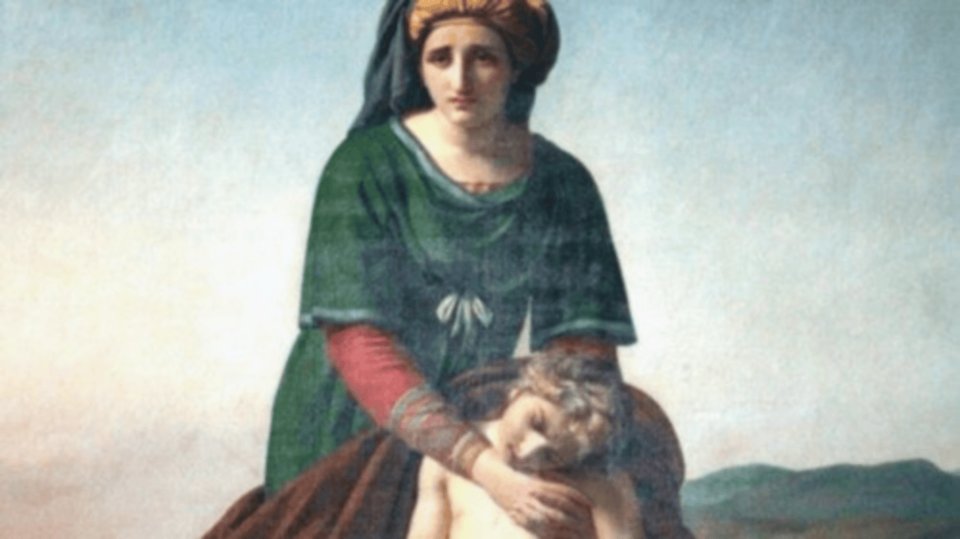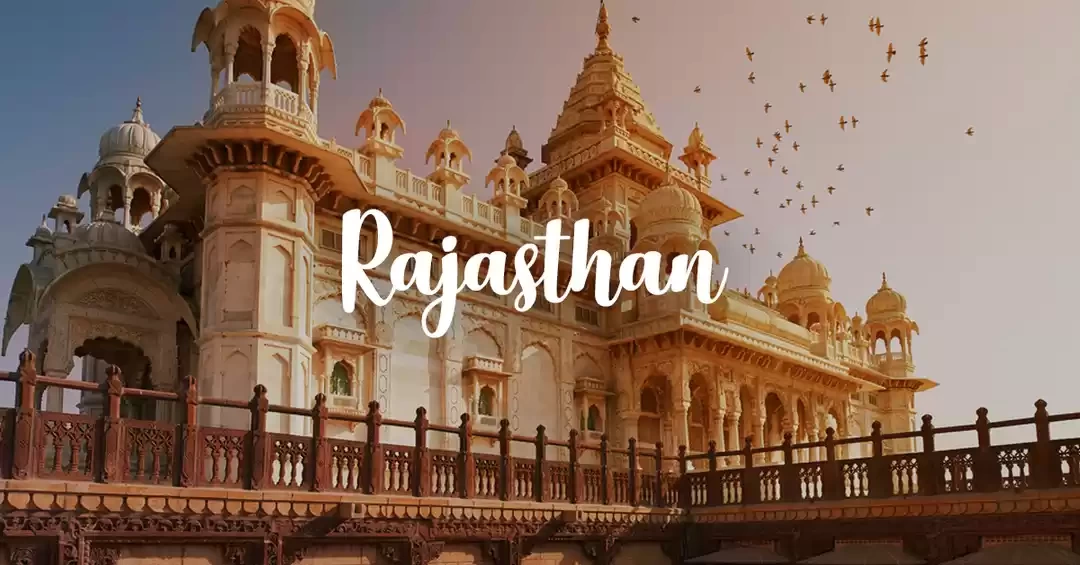
Hajar, or Hagar (AS), as she known in Arabic, is an important in Islamic history. Her story is one of great strength, lasting faith, and unreserved confidence in Allah’s (SWT) plan. Her story is one of great strength, lasting faith, and unreserved confidence in Allah's (SWT) plan. Over the centuries, many believers have found inspiration from Hagar's struggles as the mother of Prophet Ismail (AS) and the wife of Prophet Ibrahim (AS). Her hardships, especially in Makkah's terrible desert, represent the qualities of strength, faith in Allah, and a mother's unconditional devotion.
In the Quran and Islamic Tradition, Hagar (AS)
The account of Hagar (AS) is told through Islamic historical works and prophetic traditions (hadith) rather than being specifically mentioned in the Quran. Her roles as the mother of Prophet Ismail (AS) and the wife of Prophet Ibrahim (AS), whose children ultimately included the Prophet Muhammad (PBUH), are what make her significant in Islam. Hagar is a person of great respect and admiration because of her journey and her faith in the face of adversity.
The foundation of the Kaaba and the beginnings of the Sa'i ritual, which is an element of the Hajj and Umrah pilgrimages, are two significant moments in Islamic history that are linked to the life of Hagar (AS).
The Journey of Hagar (AS) to Makkah
Islamic legend holds that Prophet Ibrahim (AS) was given the order by Allah (SWT) to travel with Hagar (AS) and their young son Ismail (AS) to the Makkah desert. Makkah was an empty, unpopulated area at the time free of any vegetation, water, or people. Ibrahim (AS) was given the order by God to leave his wife and child in this dangerous environment.
Ibrahim (AS) left Hagar (AS) and Ismail (AS) in Makkah after reaching the city with little in the way of food and water.
The Story of Zamzam: The Seeking of Water
The food and water that Ibrahim (AS) had left behind ultimately ran out. Desperate to find water to relieve her baby’s thirst, Hagar (AS) came seven times between the mountains of Safa and Marwah, looking for any indication of support or water. The Sa’i ritual, which travellers perform during the Hajj and Umrah, honors this act of running between the two hills.
During her difficult time, she saw the angel Jibril (As) and put her belief in Allah (SWT). A wonderful event happened at that exact time when water started to shoot up from the ground close to baby Ismail’s (AS) feet. The well of Zamzam is the name given to this water source, and it was never stopped flowing. The water from Zamzam is said to be blessed, and millions of pilgrims visit the Kaaba yearly to drink it.
In addition to providing Hagar (AS) and Ismail (AS) with comfort from their thirst, the Zamzam well attracted people from the surrounding area, which eventually resulted in the settlement of Makkah. With this divine blessing, the once-barren region became an economic place, and the children of Ismail (AS) would later help build the Kaaba, the holiest shrine in Islam.
The History of the Kaaba and Hagar's (AS) Role
Another important aspect of Hagar's (AS) story is her indirect contribution to the founding of the Kaaba, Makkah's sacred place of worship. After Ismail (AS) had grown up and years had passed since the miracle of Zamzam, Prophet Ibrahim (AS) went to Makkah at Allah's instruction in order to build the Kaaba. Ismail (AS) helped his father with this huge effort. Hagar's (AS) determination and devotion laid the groundwork for the establishment of a location that would ultimately house the center of Islamic devotion.
Life Lessons from Hagar (AS)
There are many important lessons to be learned from Hagar's story for Muslims and anybody seeking spiritual guidance:
1. Faith in Allah’s Plan: Although suffering great adversity, Hagar (AS) shown total faith in Allah's will. She provides a reminder that Allah (SWT) is constantly mindful of our hardships and will provide for us when we place our trust in Him because of her constant trust, even in the most trying of situations.
2. patience and strength: The qualities of patience and strength are shown by Hagar's (AS) continuous running between Safa and Marwah. She continued in looking for a solution, and the divine blessing of Zamzam was given to her for her patience.
3. Motherhood and Sacrifice: The sacrificial part of motherhood is highlighted by Hagar's (AS) continuous love and care for her son Ismail (AS). The genuine meaning of parental devotion can be seen by her readiness to sacrifice her comfort and well-being in order to support her child.
4. Dependency on Allah (SWT): The story of Zamzam provides a reminder that Allah (SWT) can provide from unexpected sources, even in situations where all other options show up hopeless. Believers are always reminded of depending on the Creator during trying times by Hagar's (AS) confidence on Allah (SWT) in the terrible desert.
The Hajj and Umrah Legacy of Hagar (AS)
The Hajj and Umrah rituals constantly honor Hagar's (AS) courage and faith in Allah (SWT). Millions of Muslims worldwide do the Sa'i between the hills of Safa and Marwah each year to recreate their search for water. The ritual is a vital part of the pilgrimage experience and acts as a reminder of her unbreakable faith.
Umrah tour package play an important role in allowing travellers to fully engage with the traditions and teachings associated with Hagar (AS).
Pilgrims also drink the Zamzam water, which suddenly came out of the desert as a result of Hagar's (AS) cries. It is seen as a priceless gift, an example of Allah's kindness, and a reminder of the divine support given to Hagar (AS) and her son during their hour of need.
Conclusion
Hagar (AS) is recognized as a significant person in Islamic history, whose impact is visible in Muslim celebrations such as the Hajj and Umrah. Her sufferings in the Makkah desert, her belief in Allah (SWT), and her love for her son Ismail (AS) are timeless examples of spiritual courage, resilient behavior, and faith. Hagar's (AS) story continues to inspire and guide every pilgrim who steps between Safa and Marwah or sips from the well of Zamzam.
















